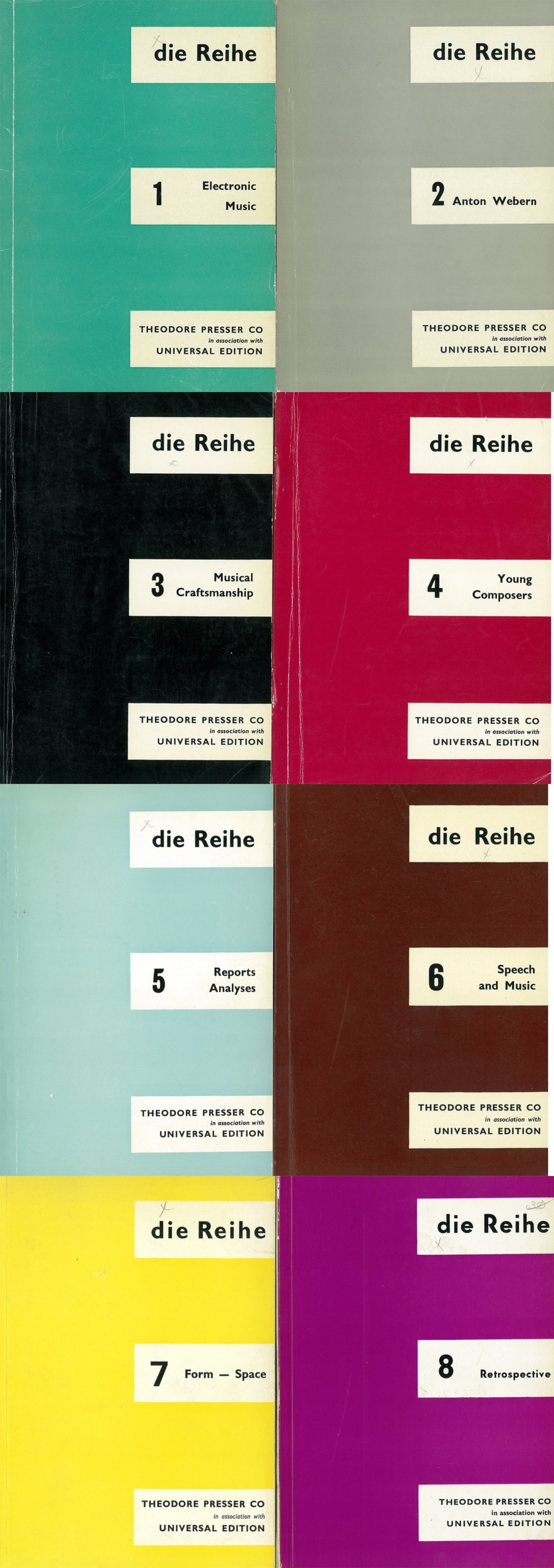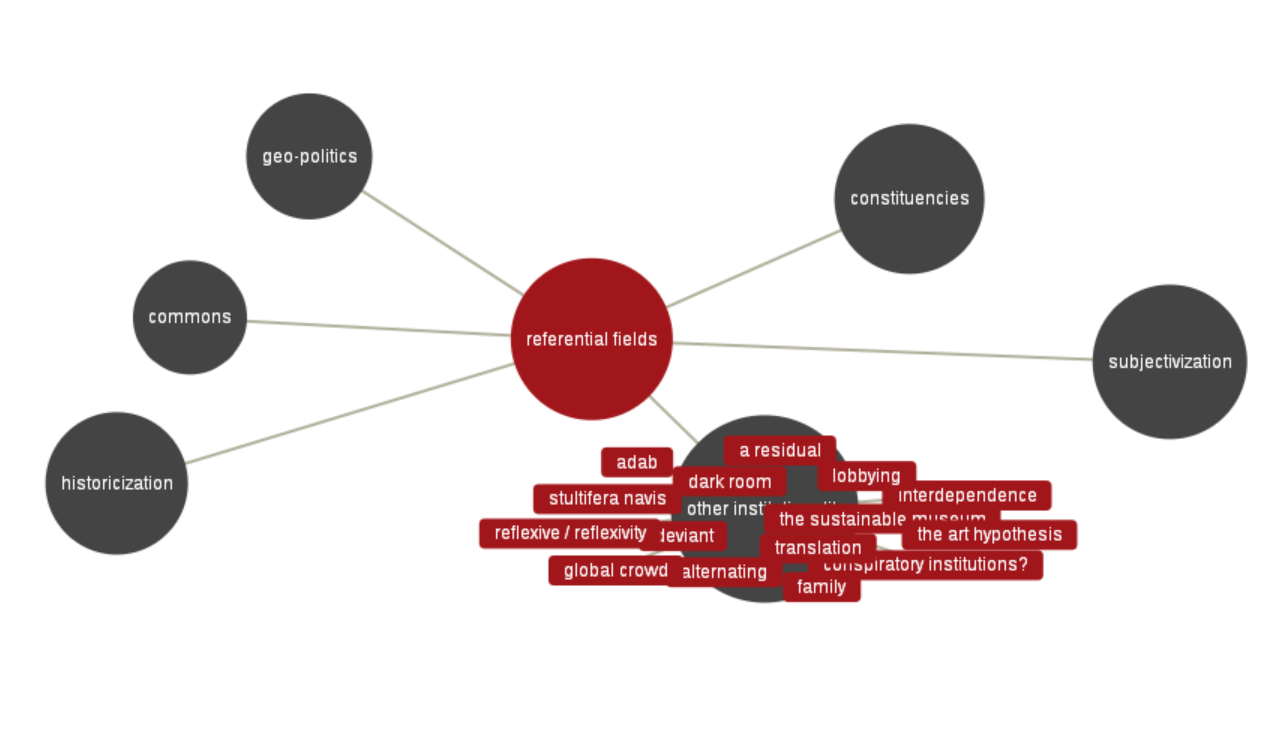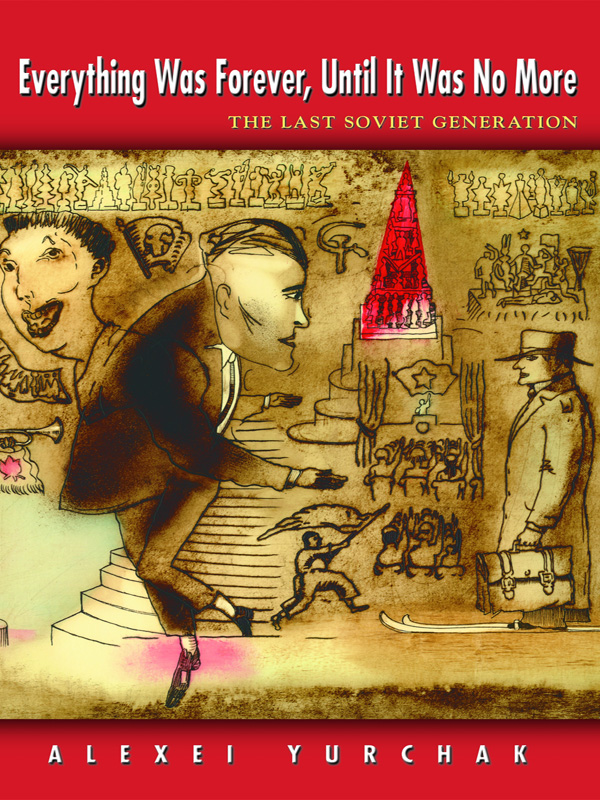Die Reihe: A Periodical Devoted to Developments in Contemporary Music, 1-8 (1957-1968)
Filed under magazine | Tags: · electroacoustic music, electronic music, music, music criticism, music theory, serialism

Die Reihe was a German-language music journal, edited by Herbert Eimert and Karlheinz Stockhausen between 1955 and 1962. An English edition was published, under the original German title, between 1957 and 1968.
“The journal, whose title means “The Row” or “The Series”, owes its genesis to the founding of the electronic music studio of the Nordwestdeutscher Rundfunk (NWDR) in Cologne (later WDR) under the influence of Werner Meyer-Eppler, and the realisation that technology was becoming an important element in the work of younger composers. The contributions from composers working in the studio were frequently based on their projects there, and in the early stages of competing with the radio-play department for resources, Eimert found having such a journal useful. It helped to raise the studio’s educational and academic profile above the entertainment aims of other departments of the radio station, as well as providing opportunities to young authors for publication.”
Contributors include György Ligeti, Mauricio Kagel, John Cage, Pierre Boulez, and others.
Reviews: Dika Newlin (of 1st DE issue, Notes, 1956), Dika Newlin (of 1st EN issue, Notes, 1958), Dika Newlin (of 2nd EN issue, Notes, 1959), Dika Newlin (of 3rd EN issue, Notes, 1960), George Perle (of 3rd EN issue, J Music Theory, 1960), Dika Newlin (of 5th EN issue, Notes, 1962), P.A.E. (of 5th EN issue, Music & Letters, 1962).
Commentary: John Backus, “Die Reihe—A Scientific Evaluation” (Perspectives of New Music, 1962).
Tables of contents of German edition
Wikipedia
Edited by Herbert Eimert and Karlheinz Stockhausen
Publisher Theodore Presser, Bryn Mawr, PA, with Universal Edition, London, 1957-1968.
800 pages
Each of the eight issues was dedicated to a different theme, announced in a subtitle (with links to sections in PDF):
Electronic Music, 1957, vi+62 pp
Anton Webern, 1958, vii+100 pp
Musical Craftsmanship, 1959, 88 pp
Young Composers, 1960, 135 pp
Reports—Analyses, 1961, 121 pp
Speech and Music, 1964, 95 pp
Form—Space, 1964, 87 pp
Retrospective, 1968, 98 pp
All 8 issues in single PDF (17 MB, no OCR)
Comment (1)Glossary of Common Knowledge (2017)
Filed under book | Tags: · art theory, commons, contemporary art, geopolitics, glossary, history, politics, subjectivation, subjectivity, theory

The Glossary of Common Knowledge is a research project by MG+MSUM, Ljubljana, in the frame of L’Internationale, aiming to negotiate various positions, contexts and local narratives about contemporary art. The glossary entries were produced through six seminars (2014-17), each focusing on one selected referential field: historicization, subjectivization, geo-politics, other institutionality, and commons. The resulting website now functions as an open platform accepting new contributions.
Fields and terms:
Historicization: archive, constellation, emancipation, temporally embodied sound, estrangement, heterochronia, humanism, intuition, pathological fracture, phantom (pain), reconstruction, self-historicization, temporalities, tendencies in art, the contemporary.
Subjectivization: creleasure, dancing as insurrectional practice, decolonize, evidence, fragility, interest, kapwa, loser, over-identification, radical imagination, self-determination, self-representation, on subjectivization, the subject, travesti, unrest.
Geo-politics: agitational visual language, alignment, catastrophe, eurasia, event, global resistance, institutional geopolitical strategies, migrancy, non-aligned movement, pandemic, postsocialism, south, tudigong, god of the land, white space.
Constituencies: agency, autonomy, biotope, bureaucratisation, collaboration / co-labour, construction, the continuity-form and counter-continuity, de-professionalization, intervenor, labour, ñande / ore, the eternal network / la fête permanente, the rest is missing.
Commons: to baffle, basic income, the brotherhood & unity highway, constituent power of the common, corrected slogan, data asymmetry , friendship, heterotopian homonymy, institution, noosphere, palimpsest, rog, self-management, solidarity, theft.
Other institutionality: a residual, adab, alternating, conspiratory institutions?, dark room, deviant, family, global crowd, interdependence, lobbying, reflexive / reflexivity, stultifera navis, the sustainable museum, the art hypothesis, translation.
Curated by Zdenka Badovinac, Bojana Piškur and Jesús Carrillo (MNCARS) in collaboration with L’Internationale, et al
Publisher MG+MSUM, Ljubljana, 2017
HTML (on the website of MG+MSUM)
HTML (on the website of L’Internationale, added on 2020-4-12)
Seminar recordings structured by terms discussed
Alexei Yurchak: Everything Was Forever, Until It Was No More: The Last Soviet Generation (2005–) [EN, RU]
Filed under book | Tags: · 1950s, 1960s, 1970s, 1980s, anthropology, communism, ideology, russia, socialism, soviet union

“Soviet socialism was based on paradoxes that were revealed by the peculiar experience of its collapse. To the people who lived in that system the collapse seemed both completely unexpected and completely unsurprising. At the moment of collapse it suddenly became obvious that Soviet life had always seemed simultaneously eternal and stagnating, vigorous and ailing, bleak and full of promise. Although these characteristics may appear mutually exclusive, in fact they were mutually constitutive. This book explores the paradoxes of Soviet life during the period of ‘late socialism’ (1960s-1980s) through the eyes of the last Soviet generation.
Focusing on the major transformation of the 1950s at the level of discourse, ideology, language, and ritual, Alexei Yurchak traces the emergence of multiple unanticipated meanings, communities, relations, ideals, and pursuits that this transformation subsequently enabled. His historical, anthropological, and linguistic analysis draws on rich ethnographic material from Late Socialism and the post-Soviet period.
The model of Soviet socialism that emerges provides an alternative to binary accounts that describe that system as a dichotomy of official culture and unofficial culture, the state and the people, public self and private self, truth and lie–and ignore the crucial fact that, for many Soviet citizens, the fundamental values, ideals, and realities of socialism were genuinely important, although they routinely transgressed and reinterpreted the norms and rules of the socialist state.”
Publisher Princeton University Press, 2005
In-Formation series
ISBN 0691121168, 9780691121161
x+331 pages
Reviews: Gleb Tsipursky (Soviet and Post-Soviet Review, 2005), Sheila Fitzpatrick (London Review of Books, 2006), John P. Ziker (American Anthropologist, 2006), Luahona Ganguly (Int’l J Communication, 2007), Christian Noack (H-Soz-u-Kult, 2007, DE), Christoph Neidhart (J Cold War Studies, 2010).
Everything Was Forever, Until It Was No More (English, 2005, EPUB)
Eto bylo navsegda, poka ne konchilos (Russian, trans. A. Belyaev, 2014, 15 MB)

